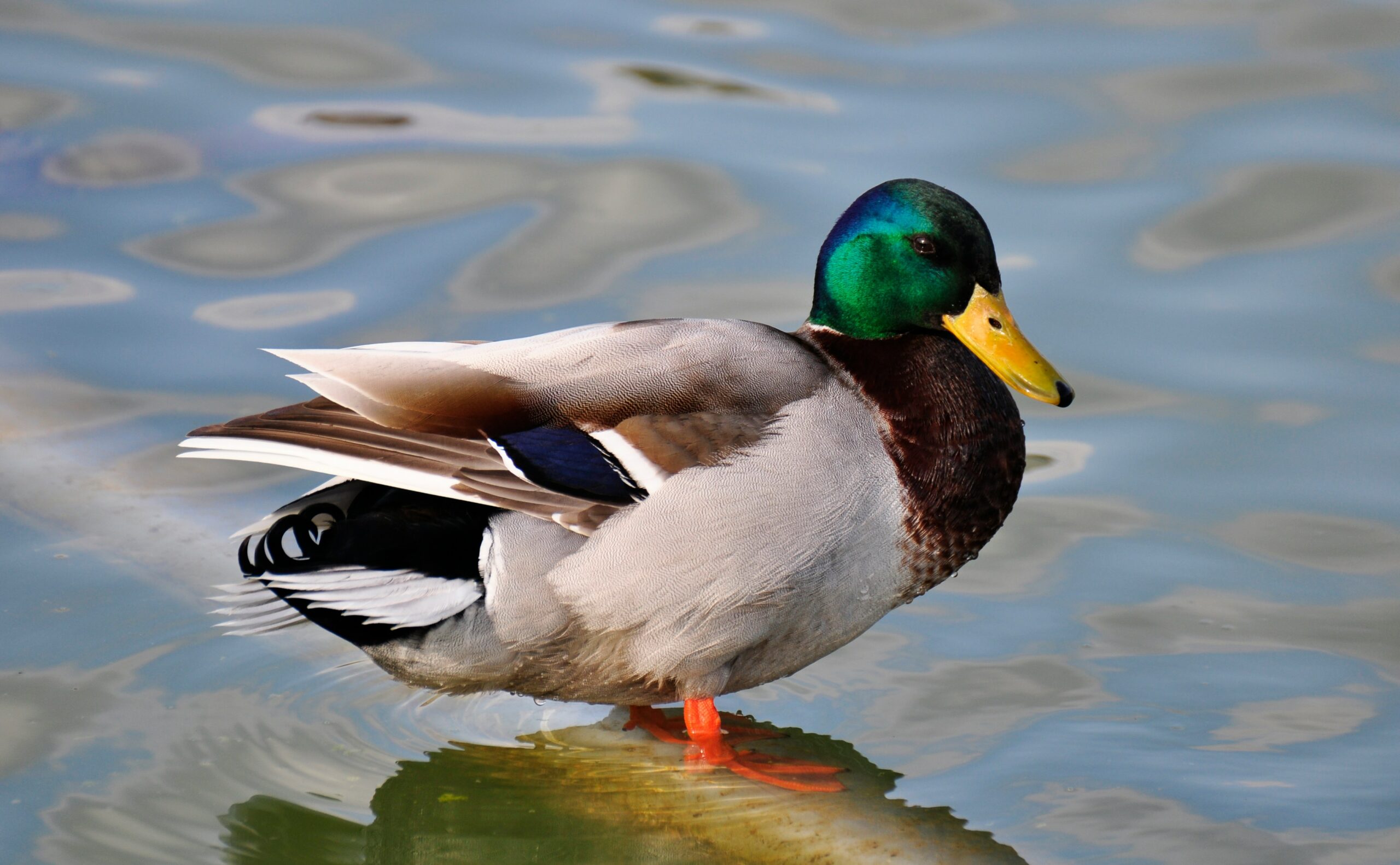
While smaller than chicken, duck is a niche but growing commodity in global meat markets, prized for its rich flavor and use in gourmet cuisine. Here’s a detailed breakdown:
1. Production & Key Producers
Top Producers (2024 Estimates)
-
China (World’s largest, ~65% of global production – Peking duck tradition)
-
France (Leading EU producer, foie gras & magret markets)
-
Vietnam & Thailand (Key Asian producers for domestic/export)
-
United States (Specialty farms, Maple Leaf Farms major player)
-
Hungary & Poland (EU exporters, foie gras production)
-
Types of Duck Meat:
-
Pekin Duck (Most common, fast-growing, used in Chinese cuisine)
-
Muscovy Duck (Leaner, popular in France/Latin America)
-
Mule Duck (Hybrid, used for foie gras in France)
-
2. Global Trade & Market Trends
Leading Exporters
-
China (Processed duck meat to Japan, EU)
-
France (High-end fresh/frozen duck, foie gras exports)
-
Hungary (Foie gras to EU gourmet markets)
-
Thailand (Processed duck for Asian markets)
Leading Importers
-
Japan (Major importer of Chinese duck for hot pots & ramen)
-
Germany & UK (Restaurant demand for duck breast)
-
Hong Kong & Singapore (High-end Chinese cuisine)
-
USA (Growing demand in restaurants & Asian supermarkets)
Price Influencing Factors
-
Feed Costs (Corn/soy prices impact production)
-
Disease Outbreaks (Avian flu can disrupt trade)
-
Gourmet Demand (Foie gras, duck breast premium pricing)
-
Cultural Consumption (Chinese New Year boosts demand)
3. Uses & Demand Drivers
Food Industry (Primary Market)
-
Whole Roasted Duck (Chinese cuisine, restaurants)
-
Duck Breast (Magret) (French/European fine dining)
-
Processed Products (Duck confit, sausages, smoked duck)
-
Foie Gras (Controversial but high-value luxury product)
Health & Niche Trends
-
Higher fat content than chicken → prized for flavor.
-
Rising interest in gourmet/ethnic cuisines boosts demand.
Byproducts
-
Feathers (Down for bedding/jackets)
-
Fat (Duck fat sold as premium cooking oil)
-
Liver (Foie gras, pâtés)
4. Price & Market Structure
-
No formal futures market (Mostly traded via direct contracts).
-
Pricing Tiers:
-
Commodity-grade (Frozen whole ducks from China)
-
Premium (Fresh duck breast from France/US)
-
Luxury (Foie gras, organic/free-range duck)
-
-
French Foie Gras Prices: €50-150/kg depending on grade.
5. Challenges in the Duck Industry
-
Avian Flu Risks (Especially in EU/China).
-
Foie Gras Controversy (Banned in some regions).
-
Higher Production Costs vs. chicken (longer grow-out period).
-
Limited Scalability (Niche market compared to chicken).
6. Future Outlook
-
Asian Demand Growth: China’s middle class consumes more premium duck.
-
Western Gourmet Trends: Duck dishes gaining menu space in US/EU.
-
Ethical Concerns: Lab-grown foie gras in development (e.g., Gourmey).
-
Sustainability Push: Some farms adopt free-range/antibiotic-free models.
